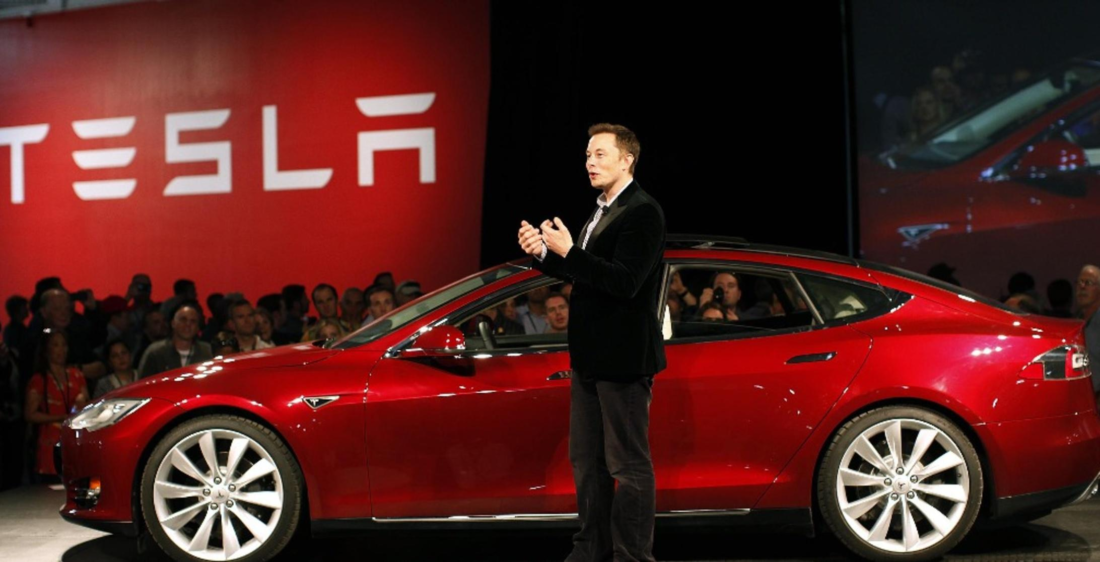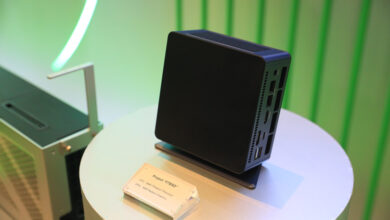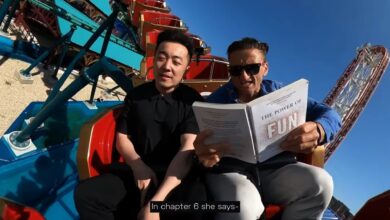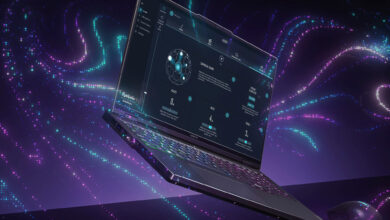Tesla on Track to Become One of TSMC’s Biggest Clients
By allowing everyone in North America to use the Full Self-Driving (FSD) capacity of its Autopilot system, Tesla is finally making a huge impression in the realm of autonomous driving. With this shift, however, comes a ravenous need for chips, which Tesla is now aiming to satiate by not just working with TSMC but also by forming its joint venture (JV) that is only focused on chips in China.
A few days ago, the Chinese website IJiWei announced that Tesla had formed a JV with Annex, a Swiss manufacturer of automotive semiconductors. The joint venture has a registered capital of $150 million, of which Annex has a share worth 55%, Jinan Zurich Annex Equity Investment Fund Partnership 40%, and Tesla owns the remaining 5%. Remember that Annex was purchased by the Jinan Zurich fund for $5 billion back in June 2022.
Meanwhile, TSMC has received a sizable chip order from Tesla. According to reports, the deal would make Tesla one of TSMC’s top 7 clients in 2019. The chips will be produced on the 4/5 nm nodes of TSMC. Recall that Samsung was in charge of producing the FSD 3.0 chips for Tesla using their 14nm design. However, according to information from DigiTimes, Tesla is now reportedly shifting away from Samsung and toward TSMC.
Although one of the biggest semiconductor manufacturers in the world, TSMC, is used to producing items that are in great demand and that are well-liked, this would be the first time it has supplied an electric car manufacturer. Samsung may not have won the semiconductor sale, but it will still play a significant role in the future of Tesla. The sophisticated cameras that Tesla needs are also being produced by Samsung now that FSD solely uses Vision for its Advanced Driver Assistance System (ADAS).

For those who are unaware, Tesla recently made a big deal out of introducing their vision-based Autopilot. The idea behind this is that the Autopilot would mirror how people make judgments while driving thanks to eight high-resolution cameras and a sophisticated neural network to understand the visual clues.
Tesla introduced the 7nm-based D1 processor last year to power its internal Dojo supercomputer, which the firm uses to input video footage taken by millions of electric cars currently on the road to train its Autopilot neural network. At the most recent Chips 34 conference, the EV business made a significant number of Dojo supercomputer information public. In 2023, Tesla intends to construct its first Dojo exapod. To hasten the training of its Autopilot neural network, the business intends to construct a total of 7 such exapods.





